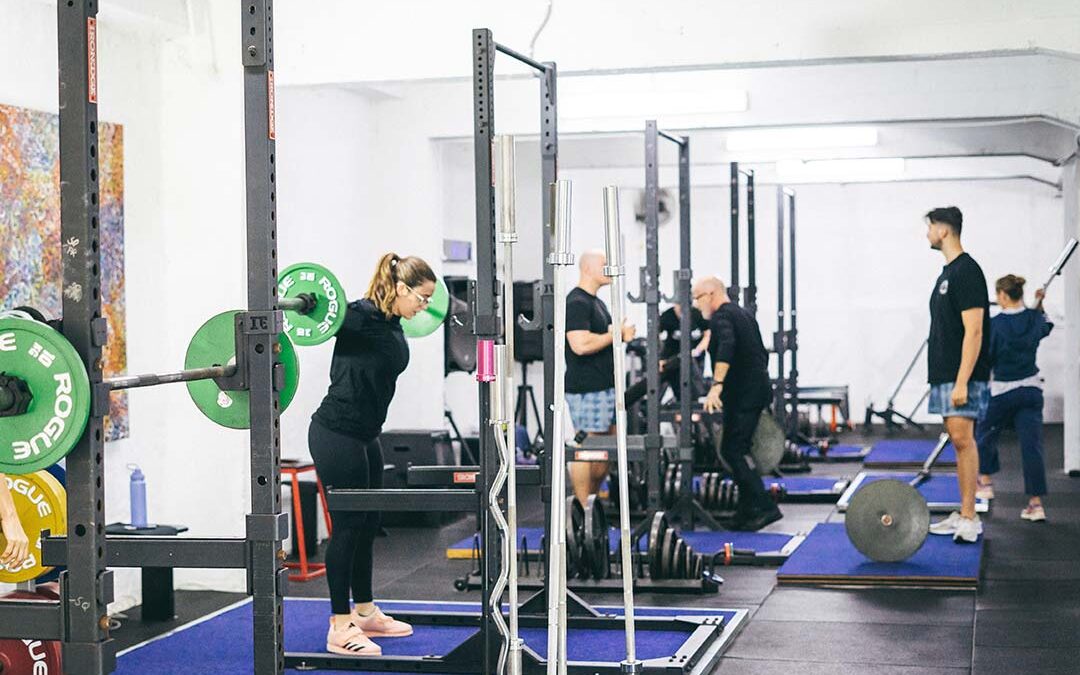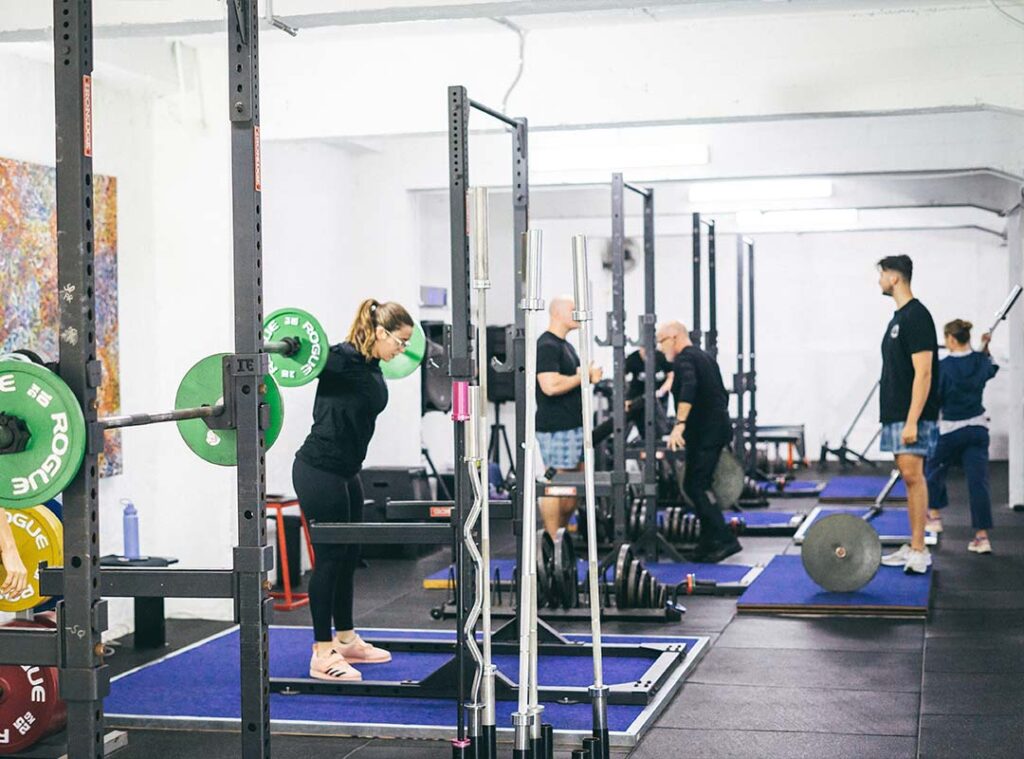Strength and Quality of Life share are closely related. Resistance Training significantly impacts our overall well-being, affecting our ability to handle activities of daily living, social, and leisure tasks. As we age, physical function declines, affecting our interaction with the world around us (1). Regular physical activity and proper nutrition can counter this decline and minimize the duration of illness or disability (morbidity). The Australian Bureau of Statistics reports that only a minority (less than 20%) of adults aged 55-65 met Physical Activity Guidelines, incorporating muscle-strengthening activities at least twice a week (2). Among adults over 65, a higher percentage (42%) were active, yet it’s uncertain if this included muscle-strengthening exercises. As we age, maintaining or enhancing strength becomes crucial. Today’s article will discuss both why and how we should exercise and the benefits therein.
Let’s get physical
To be clear, we mean get moving! Exercise improves our physical fitness, which helps us interact with the world around us. Building and subsequently maintaining physical fitness relies on various bodily systems. This includes our central and peripheral nervous system, our aerobic and musculoskeletal systems. Without getting too technical, exercise maintains and improves how the nervous system coordinates movements, preserves muscle tissue for strength and preventing frailty, and ensures efficient respiratory function through the circulation of oxygen and nutrients throughout the body. Daily routines, in their diversity, demand a foundational level of physical strength to navigate effectively. Lacking base strength can impact quality of life. As a result, tasks such as carrying groceries to the car or up the stairs, getting up from the toilet and even getting a good night’s sleep can all be improved by getting fitter and stronger (3, 4)!
Reach new heights
As we know, exercise helps us maintain physical fitness. For those who follow progressive resistance training, it may even improve! (5) Your physical ability doesn’t need to diminish as you age. Neither does your quality of life. We encourage people to continue on doing the things they love, or to pick up new activities as they age. One encouraging example comes to mind. A client of mine recently took up playing the piano. When reflecting on the experience they mentioned their back wasn’t sore after sitting for a couple of hours on a stool and, their wrists or shoulders didn’t hurt from playing. Prior to participating in regular exercise and in particular, resistance training, they weren’t confident about their ability to play piano for extended periods. Being physically fit won’t just (hopefully) keep you out of the hospital from falls or illness but allow you to maintain independence and pursue the things you love.
Don’t settle for less
Regular exercise significantly shapes our overall well-being, enabling us to navigate life to the best of our ability. Regular physical activity coupled with adequate nutrition acts as a shield against age-related helping us maintain a high quality of life. Yet, statistics reveal a worrying trend. Only a small percentage meet recommended physical activity criteria, raising concerns about the overall health trajectory as we age. At Sydney Strength Training, we aspire to buck this trend! Exercise not only maintains but can enhance physical abilities, fostering independence and empowering us to embrace newfound passions. Getting Stronger for Life isn’t just about avoiding mishaps; it’s about living a life filled with fun and freedom to pursue passions regardless of age. So, don’t settle for less, let us help you get stronger, today.
References:
- The age-related loss of skeletal muscle mass and function: Measurement and physiology of muscle fibre atrophy and muscle fibre loss in humans – PubMed (nih.gov)
- Physical activity, 2020-21 financial year | Australian Bureau of Statistics (abs.gov.au)
- The Effect of Resistance Training on Bone Mineral Density in Older Adults: A Systematic Review and Meta-Analysis – PubMed (nih.gov)
- Gradual Strength Training Improves Sleep Quality, Physical Function and Pain in Women with Fibromyalgia – PubMed (nih.gov)
- The intensity and effects of strength training in the elderly – PubMed (nih.gov)

